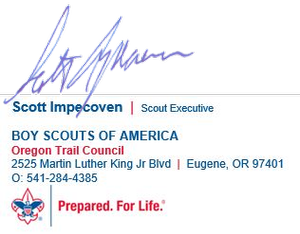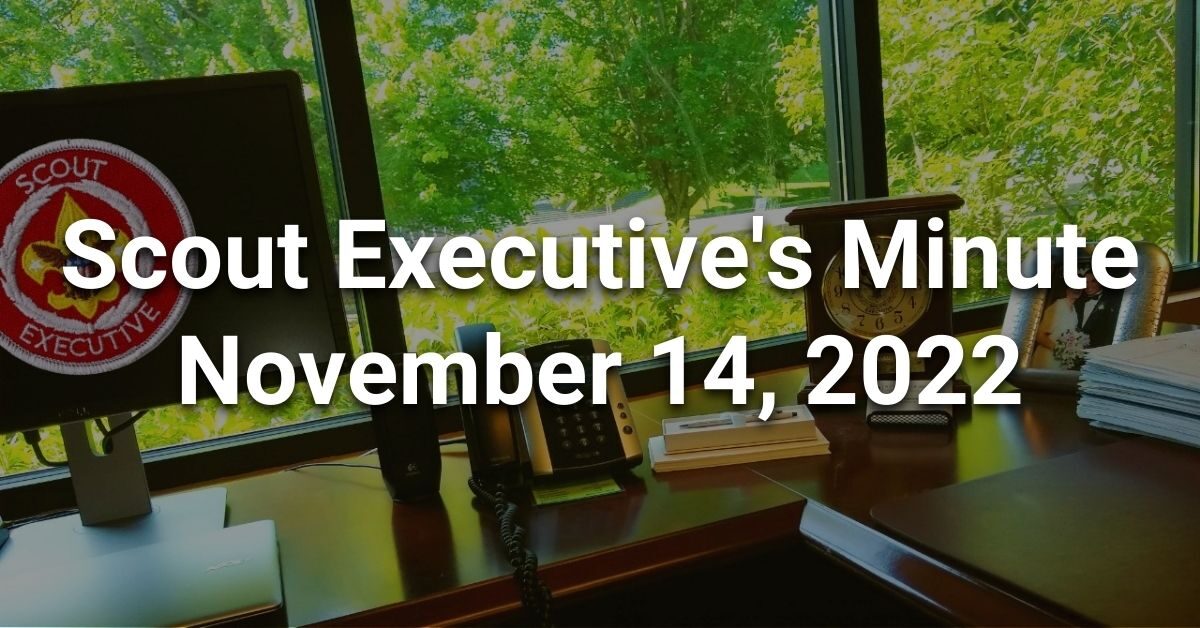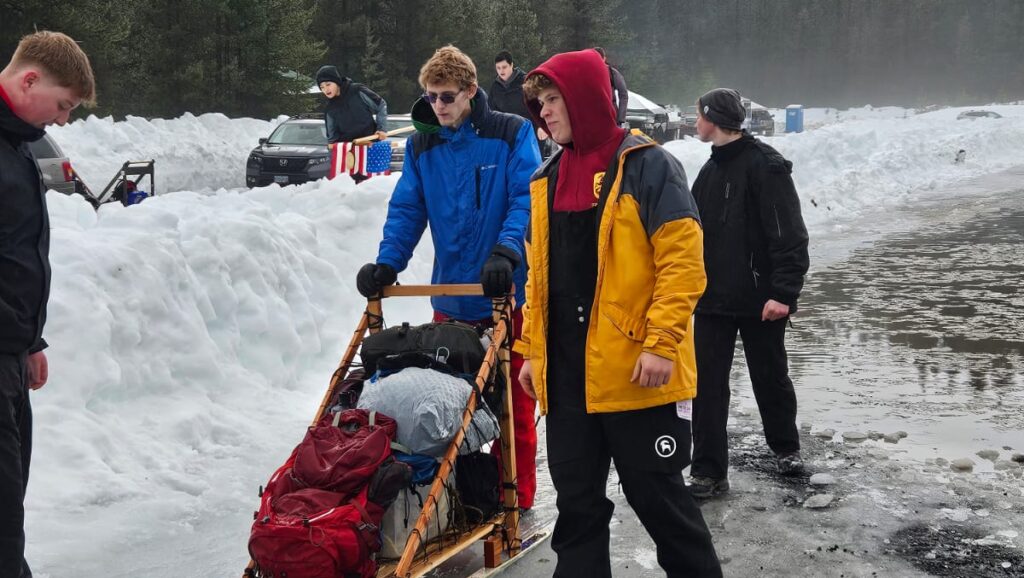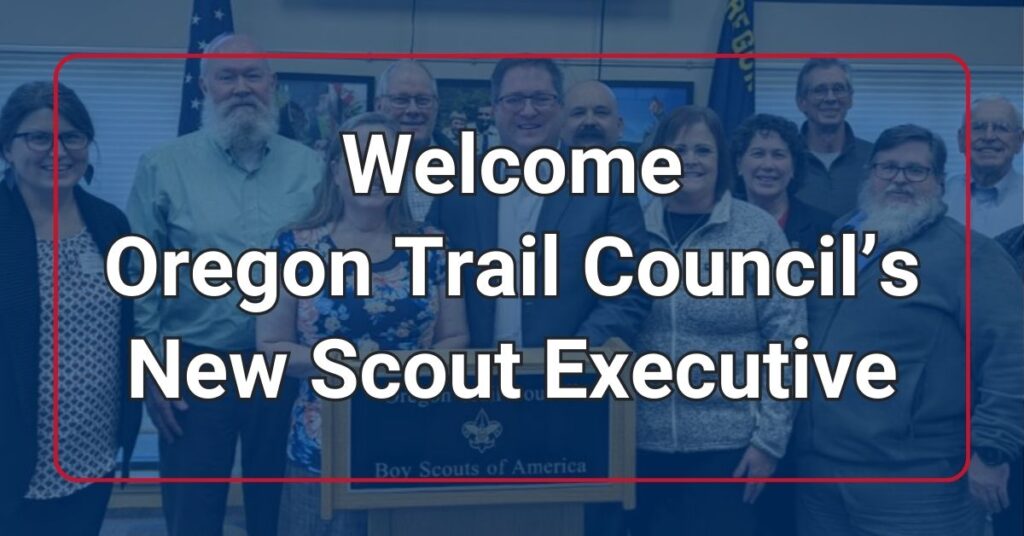I am thankful for the wisdom and guidance of the Oregon Trail Council Board. Last week during our November Executive Board Meeting, our Board approved the requirement of leader specific training for all volunteers, specific to their position, to be effective in the 2023 program year and going forward. What does that mean?
WHAT IT MEANS.
My first thought is that by requiring leader specific training for all of our leaders, it means that we shouldn’t hear comments like “I don’t know what I am doing. I need help.” from new leaders. By making the training mandatory, we are ensuring that we are providing the resources and help that a new leader should expect, to be able to do their job as well as possible. It would also mean that we are offering a better-quality program for our young men and young women.

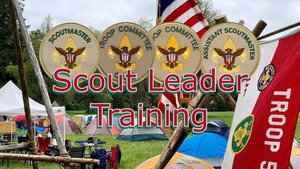
Taking the next step, that also means that we would lose fewer Scouts out of our program because they lose interest when they show up to meetings and it isn’t as organized as it could or should be. The Board feels that leader specific training is every bit as important as Youth Protection Training. I tend to agree. These leader specific trainings, in addition to helping one understand their role, are also a chance to refresh leaders memories on items such as the “Guide to Safe Scouting” and other important items that keep our youth and leaders safe. In addition, it ensures we are following the guidelines of the BSA as we provide that quality program.
I know that as a parent, I would expect the best possible effort by those adults that I entrust my children to, in whatever program that I would choose to enroll them in. The trainings do not take a great deal of time and should be a minimal requirement if we really do care about our youth and their futures. My personal feeling is that although the on-line training satisfies the training requirement, I would highly suggest to all leaders that when an in-person training comes along, that all should follow up with that training as well.
You can’t replace the sense of belonging, the resources, and the camaraderie that happens in an in-person training session. It also enables the participant to ask questions of the trainers that you don’t have the ability to ask during an online training.
There has been a lot of discussion lately about “quiet quitting.” Quiet quitting refers to doing the minimum requirements of one’s job and putting in no more time, effort, or enthusiasm than absolutely necessary. Whether it is a paid job or a volunteer job that one agrees to do, my feeling is that my best effort should be put forth. That is what I expect of myself, that is what I expect of our staff, and that is what I would hope for from all of our volunteers.

Although there are still some logistics to work out on how this is implemented, the Board and staff of Oregon Trail Council does believe, similar to some other councils that have already implemented this standard, that this is the way to ensure that we are doing everything we can to provide the best possible Scouting program for our Scouts. Scouting continues to be one of the best youth development programs in our country, I feel the best. I truly wish that we had other proactive programs to help our youth. Unfortunately, many of our programs to help our youth are reactive instead of proactive.
Lastly, I just want to say that I am thankful for all of our leaders and all of our Scouts. We as a council, with volunteer leadership setting the course, continue to try and improve the quality of program that we provide for our Scouts. Scouting truly is an amazing program and has been for the last 112 years in our country.
As always, you all have my appreciation for what you do in Scouting! Thank you for taking the time to read this article! And, again, thank you so much for your time, energy, and dedication to Scouting!
Yours in Scouting,
